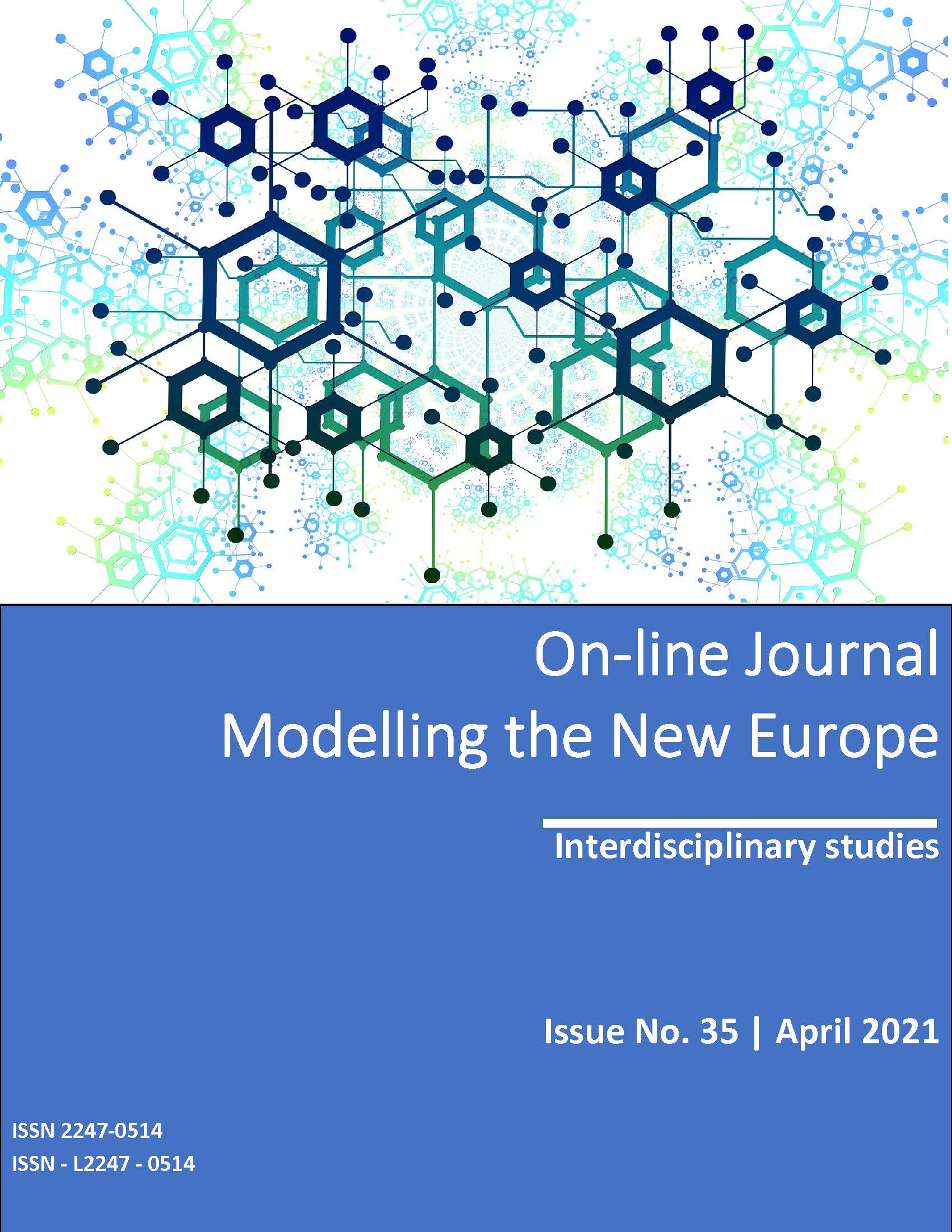EUROPEAN COMMISSION’S IDENTITY DURING BREXIT: A COMMUNICATION STRATEGY CHANGE ON TWITTER
EUROPEAN COMMISSION’S IDENTITY DURING BREXIT: A COMMUNICATION STRATEGY CHANGE ON TWITTER
Author(s): Lluís MAS-MANCHÓN,, Nora Inka Biermann, Frederic GUERRERO-SOLÉ, David Badajoz-DávilaSubject(s): Politics / Political Sciences, Politics, EU-Accession / EU-DEvelopment
Published by: Facultatea de Studii Europene -Universitatea Babeş-Bolyai
Keywords: European Commission; Brexit; Political Communication; Euroscepticism; Framing Analysis; Social Media;
Summary/Abstract: The European Union (EU) was founded to promote peace, prosperity and other values between an increasing number of member states (European Commission, 2001). However, Brexit has activated a reputation crisis that reinforces Euroscepticism (Börzel; Risse, 2018). The objective of the study is to identify the differences in the semantic construction and thematic framing of the European Commission during a two-year period, previous to Brexit and after Brexit, on a sample of 4827 tweets posted by the European Commission. Findings show that in the period before Brexit, the EU is presented as an abstract political body, highly informative on major crisis, and reactively framing messages with values responsibility and solidarity. After Brexit, the EC adapted its communication strategy to foster a sense of belonging to the EU by underlining a common transnational European identity. These results show that EU is using Twitter strategically, and their communications as well as framings, values and lexicon have been different before and after Brexit on Twitter. This might apply to other channels as well
Journal: Online Journal Modelling the New Europe
- Issue Year: 2021
- Issue No: 35
- Page Range: 116-138
- Page Count: 22
- Language: English

